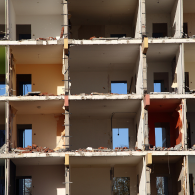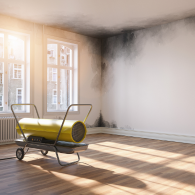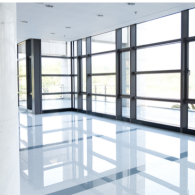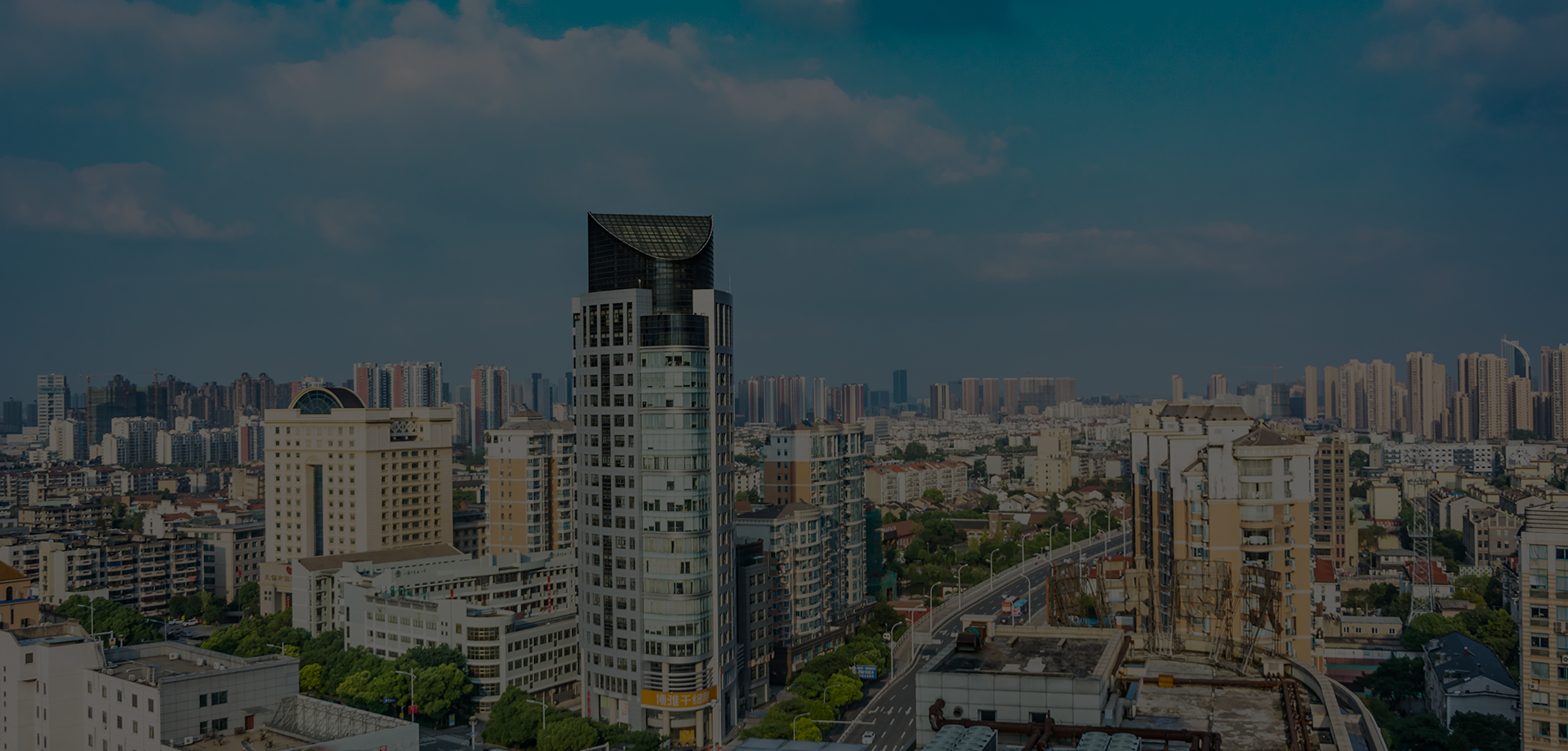BUILDINGS INSURANCE
Insuring buildings through a comprehensive building insurance policy appears to be simple, but it requires specialized care in writing the right policy. Several aspects of coverage need careful consideration to ensure that all potential risks are adequately addressed. A well-structured insurance policy for buildings can protect your property from various perils such as fire, explosions, burst pipes, storms, theft, vandalism, and more. This broad protection helps in maintaining the structural integrity and financial stability of your property, providing a safety net against numerous potential hazards.
In India, building insurance policies can also be tailored to determine the correct value of an older building, which might be depreciated over time. This ensures that the property is adequately covered in case of a loss, reflecting its true replacement value rather than its market value. Accurate valuation is crucial to avoid underinsurance, which can result in insufficient coverage and significant out-of-pocket expenses in the event of a claim.
Additionally, these policies can cover specific risks such as lift liability, which pertains to injuries or damages caused by malfunctioning elevators, and accountability arising from injury or damage to third-party properties. These specialized coverages address the unique risks associated with certain building features and usage, providing comprehensive protection against a wide array of potential liabilities. Professional insight is crucial in identifying and plugging all possible gaps to provide the best possible cover. Experienced consultants can help in tailoring policies to match the specific needs and risks of each property, ensuring no aspect is overlooked.
When it comes to residential or commercial buildings, insurance associations can buy cover for apartment or commercial complexes jointly. This approach not only ensures that the entire property is covered uniformly but also reduces the overall cost of insurance for individual owners. Group policies can leverage the collective bargaining power of the association, leading to more favorable premium rates and comprehensive coverage terms. Joint insurance policies also simplify the administration and management of insurance, providing a cohesive strategy for protecting the entire complex.
If only some individuals buy insurance, it can lead to complications in the event of a disaster, as reconstruction efforts would be hindered by uninsured portions of the property. In the absence of uniform coverage, the financial burden of repairs and rebuilding can fall unevenly on insured and uninsured owners, causing delays and disputes. Uniform coverage ensures that the entire building or complex can be restored efficiently and equitably, minimizing disruption and financial strain on the community.
Moreover, building insurance policies can be customized to include additional coverages such as debris removal, temporary accommodation for residents, and legal expenses associated with claims or disputes. These additional coverages further enhance the protection provided by the policy, ensuring comprehensive risk management. Debris removal coverage, for instance, can cover the costs of clearing and disposing of rubble after a disaster, while temporary accommodation coverage can provide funds for alternate living arrangements if the building becomes uninhabitable.
Regular reviews of the insurance policy are also essential to ensure it remains adequate as the building ages or as modifications and improvements are made. This proactive approach helps in maintaining the relevance and effectiveness of the coverage, adapting to changing circumstances and new risks. Customization of the policy should also take into account the building’s location, usage, and structural characteristics, tailoring the insurance to match the specific needs of the property.
Affordable Business Insuranceca Consultants, with their extensive expertise in building insurance in India, can assist in navigating the complexities of such policies. They offer professional guidance to ensure that your building is comprehensively protected, helping to identify specific needs and tailor the policy accordingly. This expert advice ensures that all possible risks are covered, providing peace of mind and financial security against unforeseen events. By leveraging their knowledge and experience, you can secure a robust insurance policy that safeguards your property and investments effectively.
-

How to Insure
Often buildings are insured with little clarity on the inclusions. Despite insuring the building, the boundary walls, roads, underground cables, gas banks or security sheds may go uninsured. Buildings like Malls may need an all risk insurance. Consult the specialists before you insure.
-

Public Liability
Any large commercial premises expose the owners to Public liabilities risk. A lift or escalator hazard or injury or death caused due to an accident can all lead to potentially large liability. A damage to a visitor car while in parking or by a valet can all lead to claims on the owners.
-

Machinery Breakdown
Insurance for machinery is usually overlooked in buildings. AMCs do not cover short circuit or accidental damages to lifts and escalators. D.G Sets, HVACs or Air Conditioners are all prone to accidental damages including own fault damages which can be insured.
-

Loss of Rent
Commercial buildings can have significant loss of rent arising from any peril related damages for sustained periods. Malls can be severally affected by complete loss of business for years. Purchasing a Loss of rent cover or Business interruption should be a part of building insurance.
-

Plate Glass
Most Commercial buildings have significant levels of external Glass, while all buildings will have varying levels of internal Glass. Insuring Plate Glass ensures minimal repairs cost for accidental damages including cost of glass, transportation, fixing and associated costs.

